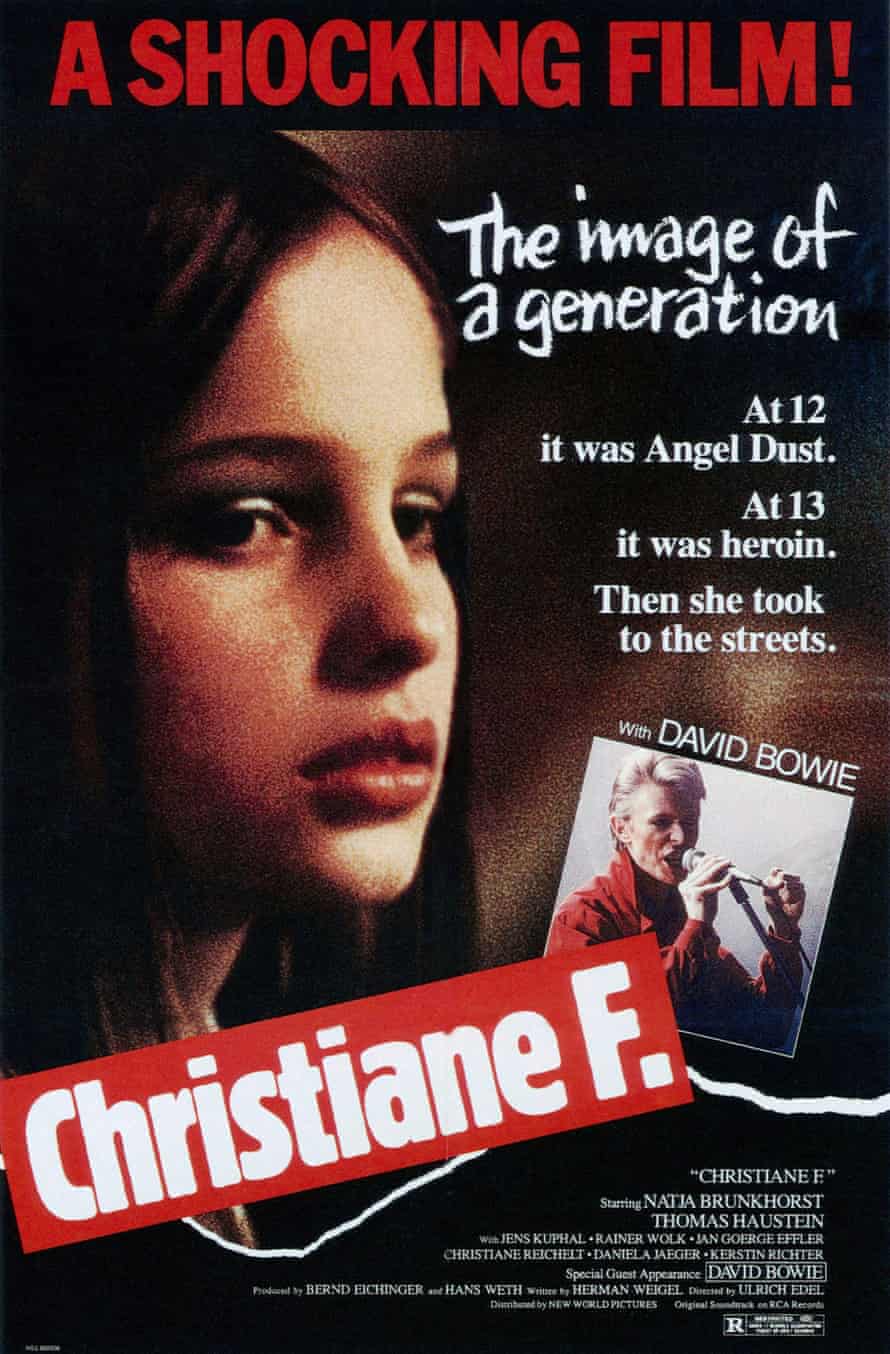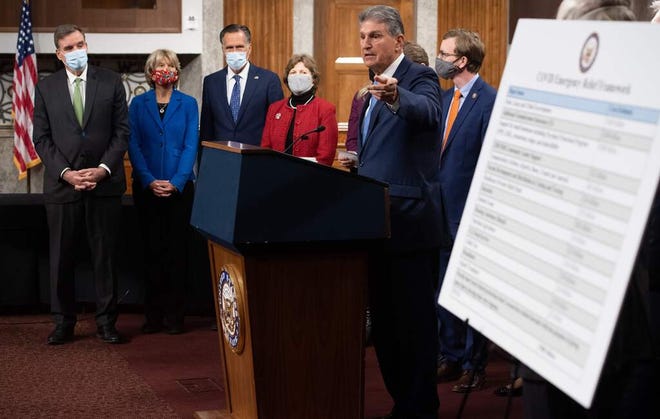Story of heroin addiction in 1970s West Berlin gets modern remake
The story of a lady’s descent into drug addiction and prostitution in 1970s West Berlin, which turned a bestselling guide and cult movie throughout Europe, is returning to screens in a modern remake.
Christiane Felscherinow’s prolonged taped interviews with two journalists shaped the spine of the guide Wir Kinder vom Bahnhof Zoo, which was revealed in 1978 and made into a movie directed by Uli Edel in 1981. An eight part series with the identical title launches in German on Amazon Prime on Friday night.
Edel’s unique grim and gritty low-budget film, which used largely first-time actors and had a soundtrack by David Bowie, shocked critics and audiences with its decrepit depictions of a misplaced era of Berlin youth who turned to heroin.
In one scene, the 14-year-old protagonist Christiane and her fellow addicts inject themselves in rest room cubicles, surrounded by their very own and others’ urine, blood and vomit, earlier than falling unconscious.
Some observers later accused the movie of glamourising 1970’s West Berlin as a mecca of intercourse, medication and experimental music. But for individuals who knew the town on the time it precisely portrayed the sense a lonely chilly warfare island, surrounded by the Berlin Wall and lower off each from japanese and western Europe – a draw to drop outs, rejects, army deserters and artists.
Critics have inevitably requested what’s to be gained by giving the story a brand new filmic remedy.
The leftwing newspaper Die Tageszeitung insisted it was inconceivable for the remake to have such a cultural, social and political affect as its forerunner. “This new series will never be able to leave its mark like the 1981 film did”. “Is it really necessary to give a new language to 40-year-old iconic material which influenced a whole generation and to place it in the here and now?”

The makers of the brand new sequence, which was filmed in Prague and Berlin, insist they aren’t so in recapturing the temper of the unique as they’re in embracing the essence of a common story about younger folks discovering their place in the world. “This is our interpretation of what Christiane and her friends experienced at this time,” director Philipp Kadelbach mentioned in an interview.
Although the story continues to be set in West Berlin of the late 70s and early 80s, the connection has been intentionally blurred with a soundtrack that replaces Bowie with dancehall, punk and hip-hop from the final twenty years. The slang phrases utilized by the actors mixes phrases from the current day and the early eighties. Critics have warmly praised the performances of its younger actors.
Jana McKinnon, the 22-year-old Austrian-Australian actress who performs the lead function, mentioned that she had not met Christiane Felscherinow, who still lives in Berlin, however had learn her guide and consulted the 2 journalists from Stern journal who had interviewed her in preparation for the function, in addition to consulting consultants’ recommendation on drug taking.
“At the time the journalists struggled to find a publisher for the book because no one thought the story was relevant,” McKinnon mentioned in an interview.
Felscherinow shot to fame when her story first turned recognized.
In 2013 she revealed a sequel, Christiane F. My Second Life, which detailed her subsequent troubles, together with dropping custody of her son and the way she joined a methadone programme to attempt to kick her behavior. Over the years she has remained reluctant to speak about whether or not she remains to be a heroine person.
Her story has impressed guided excursions of the Berlin areas the place it passed off, together with Jebenstrasse on the Zoologischer Garten railway station, the place the so-called “Babystrich” gathered, the strip in the Schöneberg district the place Felscherinow labored as a prostitute to fund her drug behavior, in addition to the close by Sound, the nightclub in West Berlin in the 1970s the place she first found heroin.



